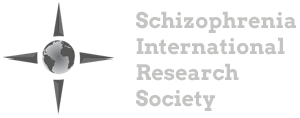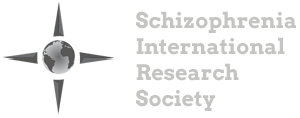-
Views
-
Cite
Cite
Tamar C Kraan, Eva Velthorst, Manouk Themmen, Lucia Valmaggia, Matthew J Kempton, Phillip McGuire, Jim van Os, Bart P F Rutten, Filip Smit, Lieuwe de Haan, Mark van der Gaag, EU-GEI High Risk Study, Child Maltreatment and Clinical Outcome in Individuals at Ultra-High Risk for Psychosis in the EU-GEI High Risk Study, Schizophrenia Bulletin, Volume 44, Issue 3, May 2018, Pages 584–592, https://doi.org/10.1093/schbul/sbw162
Close - Share Icon Share
Abstract
Child maltreatment has been associated with a wide range of mental disorders in adulthood. Whether child maltreatment is specifically associated with psychosis risk in individuals at ultra-high risk (UHR) for psychosis, or leads to a general vulnerability for overall psychopathology in the UHR stage remains unclear. The present study examines the association between child maltreatment and transition to psychosis and other mental disorders.
The sample consisted of 259 UHR individuals from the EUropean network of national schizophrenia networks studying Gene-Environment Interactions (EU-GEI) study. Participants were followed-up for 2 years to assess clinical outcome. Clinical outcome was assessed at 6 months, 12 months, and 24 months after baseline. Child maltreatment before the age of 17 years was assessed at baseline.
Our findings show that a history of emotional abuse was associated with an increased risk for transition to psychosis (OR = 3.78, 95% CI = 1.17 to 12.39, P = .027). Apart from psychosis, a history of physical abuse was associated with depressive disorder (OR = 4.92, 95% CI = 2.12 to 11.39, P = .001), post-traumatic stress disorder (OR = 2.06, 95% CI = 1.10 to 3.86, P = .023), panic disorder (OR = 2.00, 95% CI = 1.00 to 3.99, P = .048) and social phobia (OR = 2.47, 95% CI = 1.18 to 5.16, P = .016) at follow-up.
Our findings suggest that in the UHR stage child maltreatment is a pluripotent risk factor for developing psychosis, depressive disorder, post-traumatic stress disorder (PTSD), panic disorder, and social phobia in adulthood.






